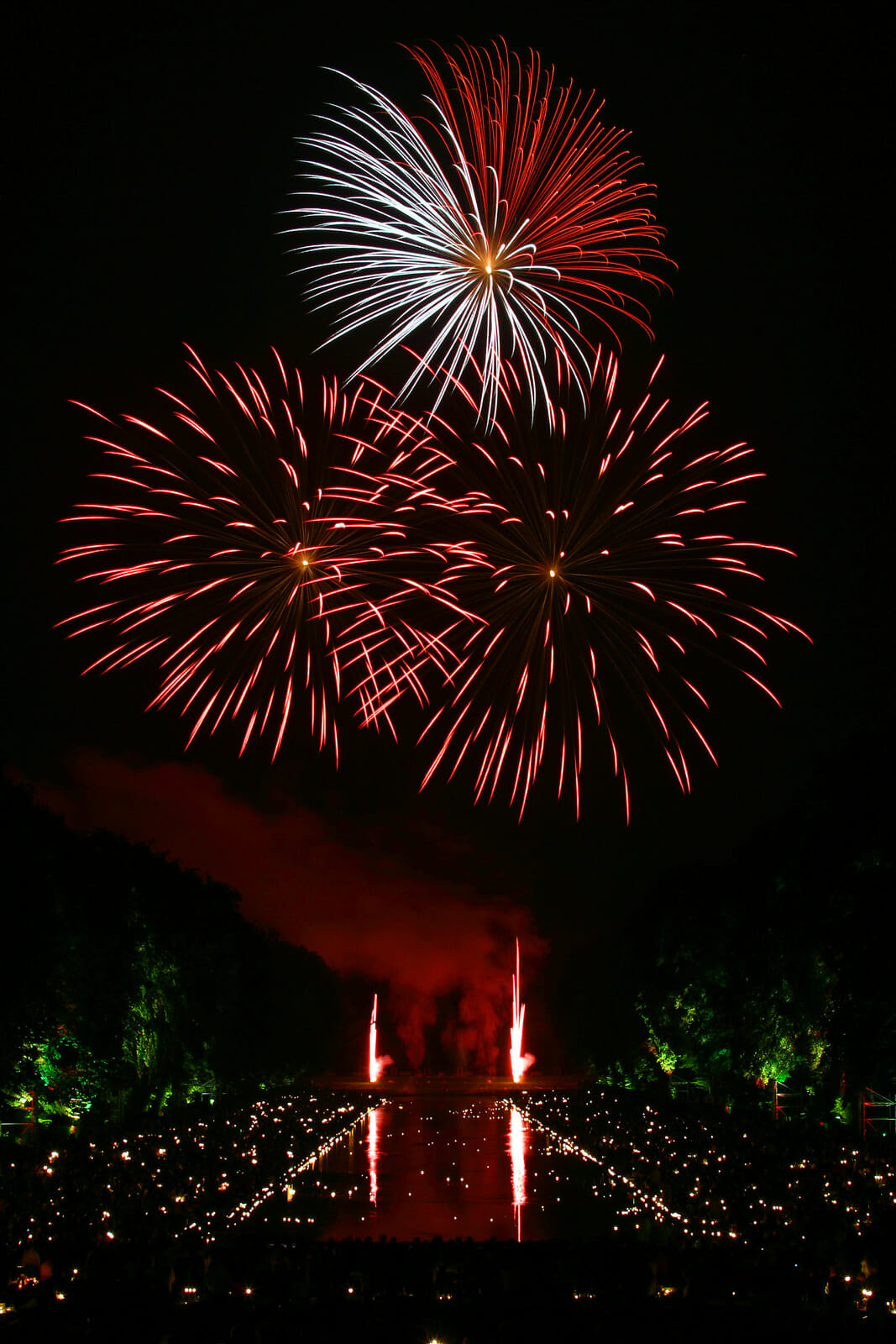When the bang is too loud – Protecting hearing during fireworks


Our vision in everything we do is to convey a shared value of compassion, a commitment to excellence, open communications, motivation to be the best, and a sense of personal integrity. We are honored to care for our residents and share a passion to make their days enriching and fulfilling. It’s The Caraday Way!
Fireworks produce a sound output that is in the 150 to 175 decibel range, whereas a lawn mower registers at 90 decibels. The World Health Organization (WHO) recommends that older adults not be exposed to anything louder than 140 decibels for an extended period of time. As such, the vibrations from
the firework blast wave have the potential to cause permanent
damage to the delicate hair cells that line the inner ear.
While fireworks might exceed recommended levels, there are certain measures you can take to safely enjoy the display while maintaining your ear health.
Keep your distance
Similar to the ripple effect of a stone thrown into a lake, sound travels in waves. The farther you are away from the source of the sound, the less likely you are to develop hearing loss, given the sound weakens as it travels. American Hearing and Audiology recommends spectators stay as least twenty-five yards from the blast site.
Wear protective equipment
Protective ear equipment such as earplugs or headphones offer another way to ensure ear health. The highest noise reduction rating currently offered for earplugs is around 33 decibels. This means that the noise entering your ears will be reduced by about 33 decibels. Headphones sit over the top of the ear and tend to be a little more protective. There are various models of headphones that range from passive noise cancelling to active noise cancelling.
Listen to your ears
Lastly, know your limits. If you are experiencing ringing in your ears or any other ear discomfort, leave. Outside of fireworks, here are other ways to protect your
hearing at home:
- Take breaks to reduce your exposure to loud music
- Pay attention to signs warning of possible loud noises
- Reduce equipment noise by replacing worn, loose, or unbalanced machine parts
Being proactive about protection will pay off in the long run and won’t prevent anyone from having enjoying a festive holiday.


